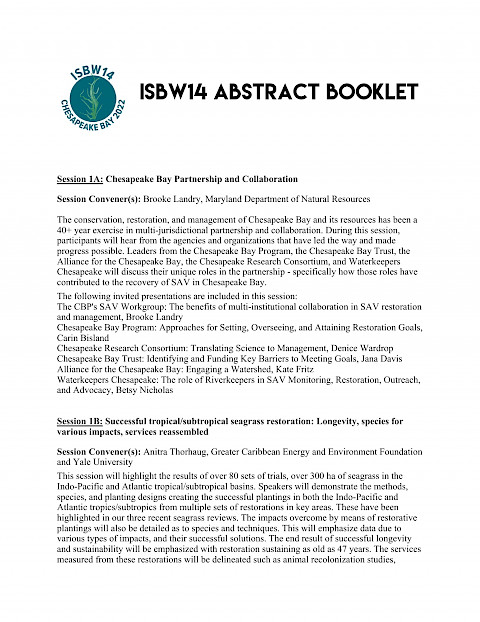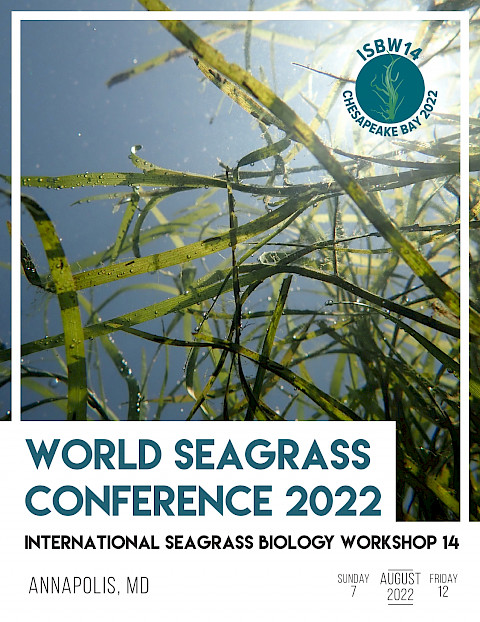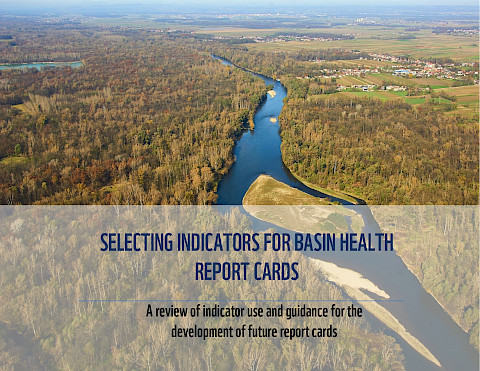Data synthesis for environmental management: A case study of Chesapeake Bay
Orth RJ, Dennison WC, Wilcox DJ, Batiuk RA, Landry JB, Gurbisz C, Keisman J, Hannam M, Lefcheck JS, Murphy RR, Moore KA, Patrick CJ, Testa JM, Weller DE, Merrittj MF, Hobaugh P ·
2022
Synthesizing large, complex data sets to inform resource managers towards effective environmental stewardship is a universal challenge. In Chesapeake Bay, a well-studied and intensively monitored estuary in North America, the challenge of synthesizing data on water quality and land use as factors related to a key habitat, submerged aquatic vegetation, was tackled by a team of scientists and resource managers operating at multiple levels of governance (state, federal).
Read more









